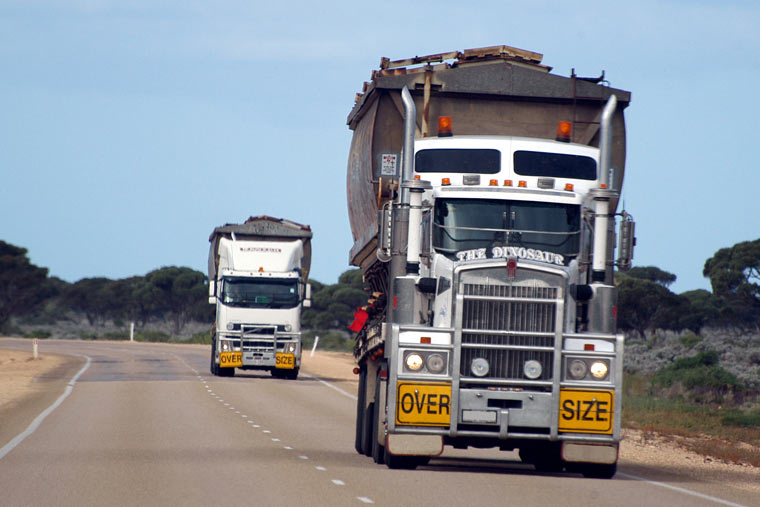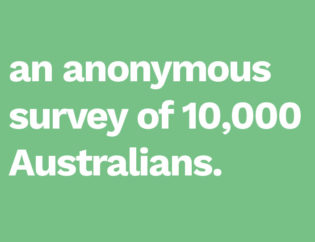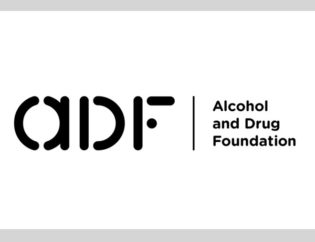
As part of a recent Police Operation targeting commercial truck drivers, one out of every 16 tested for drugs returned a positive result. If the growing use of methamphetamines ("ice") being reported in the media is to be believed, this is certainly a statistic that could be on the rise.
Drivers do form a part of a Council's workforce and with a duty of care owed to your employees to keep them safe at work you can see why many are now implementing drug and alcohol testing.
You may be in a position where you're renegotiating your EBAs or wanting to roll out a policy and are uncertain on how to get started. Let us help clarify things for you;
Consultation and Education
The first thing you'll need to do is engage all stakeholders in a thorough consultation and education program whereby everyone has a chance to submit their thoughts.
The education component can be outsourced to the experts.
Substance Abuse Policy
Before tackling any testing regime a clear and concise policy needs to be implemented and signed off by all employees.
There are many things that will need to be included in your policy to ensure it addresses the risk and any action that may be taken.
What are the features of a Substance Abuse Policy?
Your Company Stance
A mission statement of your Policy is an important opener and may include a 'zero tolerance' approach
Who Will Be Tested
Could some of your workers be categorised as high risk and low risk or will all be tested
How Will Testing Be Conducted
These days saliva testing is the preferred test method of many unions due to its ability to discern recent drug use so can be thought of more as a 'fit to work' test
The Testing Process
This is something that can be outsourced or conducted by staff internally.
It is worth being aware of some of limitations of internally testing; for example in one case before the Fair Work Commission in 2016 it was deemed unreasonable for the line manager to be testing a direct employee
When Will Testing Be Conducted
Many policies will include a range of test types; random, post-incident, for cause and pre-employment to name a few.
Confirmatory Testing
All testing conducted on site is what's referred to as initial screening. Any results must then be confirmed with a NATA accredited laboratory
What Steps Will Be Taken
If an employee does provide a test sample positive for drugs and/or alcohol what options of support will be available to them and what might disciplinary action be?
One survey of 5,000 Australians demonstrated that 20% of employees had helped a colleague with a drinking problem so having an Employee Assistance Program is highly recommended
Policy Implementation
Once you have a clear policy that employees have understood and been educated on, you are now ready to begin a testing regime. These regimes have been shown to modify behaviours and reduce the risk imposed by drugs and alcohol in the workplace.
Call us today for help navigating the next steps 03 9077 6400 info@corpcare.com.au




